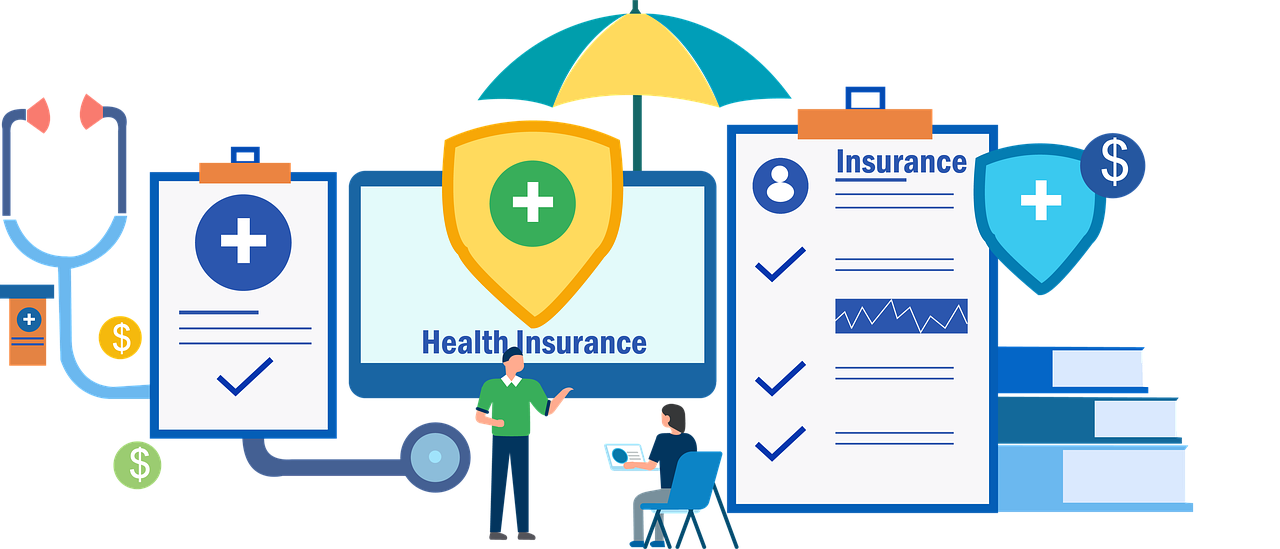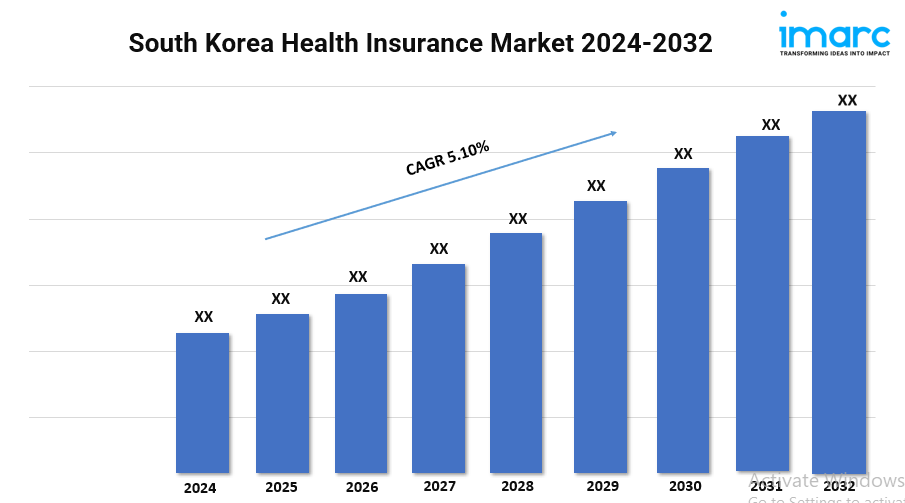Demystifying Health Insurance Basics: What Everyone Should Know

Key Takeaways
✍️ If rising medical costs worry you, take a look at our complete guide to health insurance, where we explain how policies cover hospitalization, surgeries, and preventive care, along with tips to select the right plan for you and your family.
● Understanding the significance of essential health benefits can empower better decision-making.
● Knowing the differences among insurance plans helps select the right one for individual needs.
● Staying well-informed about healthcare policies helps to navigate changes effectively.
Understanding Essential Health Benefits
Health insurance can sometimes feel like a puzzle with many pieces to put together. Central to these pieces is an understanding of essential health benefits. These benefits are the bedrock of most health insurance policies and include core services such as hospitalization, emergency services, maternity and newborn care, mental health services, and prescription drugs. Grasping their importance is vital for any policyholder looking to get the most out of their insurance plan.
For those navigating the complexities of health insurance iowa, recognizing the coverage provided by essential health benefits allows individuals and families to meet diverse healthcare needs effectively. These benefits are designed to provide comprehensive coverage, which ensures access to a wide range of medical and preventive services essential for maintaining overall health and well-being.
Comparing Different Types of Health Insurance Plans
Health insurance comes in many flavors, each catering to specific healthcare and financial needs. Understanding the differences between plan types is crucial in selecting the right one. Health Maintenance Organizations (HMOs) typically offer an integrated approach to healthcare, with a primary care physician acting as the gatekeeper to specialized services. The trade-off for lower premiums is often the need for referrals and a more restricted choice of providers. In contrast, Preferred Provider Organizations (PPOs) provide more flexibility in choosing healthcare providers and do not require referrals for specialists. \
This can appeal to individuals seeking a wider range of choices in their healthcare access. Then there are High Deductible Health Plans (HDHPs), often coupled with Health Savings Accounts (HSAs), which offer lower premiums but require higher out-of-pocket contributions before the insurance coverage kicks in. HDHPs can financially benefit those who do not anticipate needing frequent medical care. To make a sound decision, understanding these differences and nuances can help individuals tailor their insurance selections based on personal needs and healthcare usage.
The Role of Premiums and Deductibles
Financial planning for healthcare involves careful consideration of premiums and deductibles. Premiums are the recurring fees paid to ensure coverage remains active. In contrast, deductibles represent an individual's out-of-pocket amount before insurance covers the costs. A lower monthly premium may seem attractive, but it's essential to consider whether the savings offset the higher deductible costs when care is needed. Effective budgeting must account for these variables to avoid financial surprises in medical emergencies. It's a balancing act: opting for higher premiums with lower deductibles provides peace of mind and reduces out-of-pocket expenses for frequent medical visits, whereas lower premiums with higher deductibles might benefit those who rarely need medical treatment.
Taking Advantage of Preventive Services
Preventive care is a pillar of effective health management and is often covered at no extra cost within insurance plans. The logic behind this is simple yet profound: tackling health issues early on can prevent them from escalating into serious conditions that require more extensive and expensive treatments. These services include routine check-ups, immunizations, and screenings for blood pressure, cholesterol levels, and certain cancers. Making preventive care a priority can lower overall healthcare costs and contribute to a longer, healthier life. It's not merely about uncovering potential problems but ensuring your health remains favorable.
Managing Out-of-Pocket Costs
Understanding and managing out-of-pocket costs is crucial for financial planning within healthcare. These costs cover the expenses not paid by insurance, such as copayments, coinsurance, and any healthcare services not covered by the plan. Evaluating these costs when choosing a healthcare plan is critical as they directly impact overall health expenses. Strategies to minimize these costs involve choosing plans that align with your anticipated healthcare needs and maintaining an emergency fund for unexpected medical expenses. This can ensure that you are financially prepared and can mitigate the impact of unforeseen medical emergencies on your budget.
Knowing Your Network
A health insurance network lists approved healthcare providers affiliated with a particular insurance plan. Determining whether your preferred healthcare providers are within the insurer's network is essential to avoid unwanted expenses and ensure continuity of care. Networks can differ significantly between plans, affecting the cost of care and the range of services available. Staying within the network typically means lower healthcare costs, while venturing outside could lead to higher charges – a crucial consideration in planning for healthcare service utilization.
Staying Updated on Healthcare Policies
Healthcare policies are subject to frequent changes, significantly impacting coverage and costs. Keeping informed about potential policy shifts helps consumers make the best use of their current plans and prepares them for cost changes and coverage options. This proactive approach can lead to better decision-making when choosing plans and allows individuals to optimize their healthcare benefits. Regularly consulting reliable health information sources ensures individuals can navigate policy changes and work effectively with healthcare providers to maintain timely and appropriate care.
Conclusion
Declaring health insurance as a complex subject is rather an understatement. Yet understanding its fundamental components goes a long way in empowering individuals. From acknowledging the importance of essential health benefits to grasping the finer details of plan types and managing costs, diving into each component requires a proactive approach.
Additionally, maintaining awareness of the ever-evolving policies within the healthcare realm is essential for making informed choices that ultimately protect health and financial well-being. In embracing these understandings, navigating the health insurance landscape becomes far less daunting and much more manageable for anyone invested in their health coverage journey.
Note: IndiBlogHub features both user-submitted and editorial content. We do not verify third-party contributions. Read our Disclaimer and Privacy Policyfor details.







